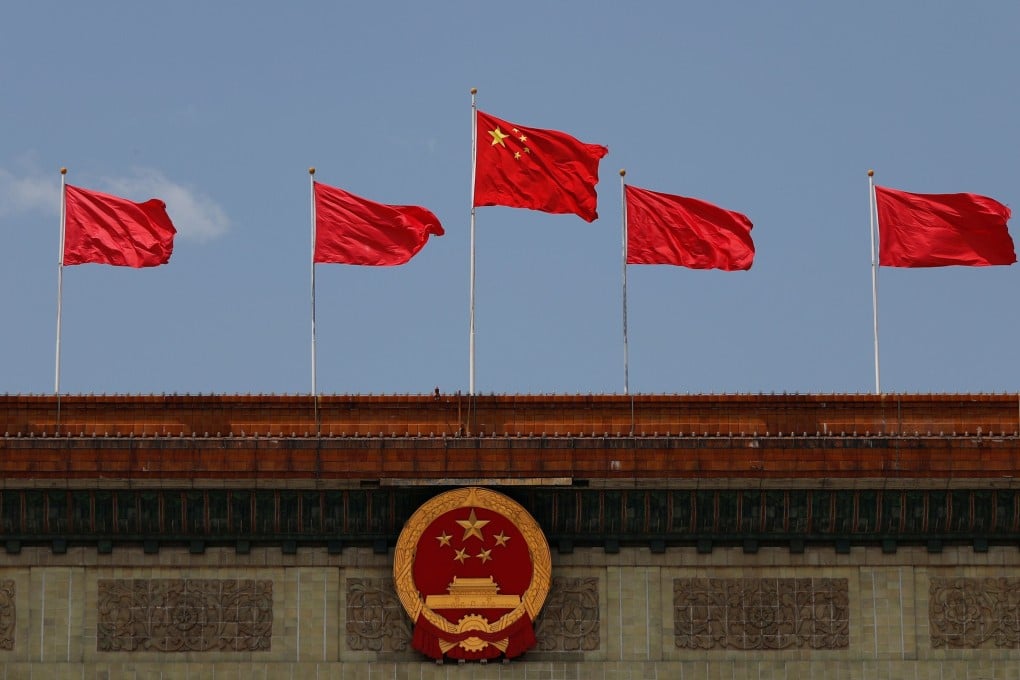Two sessions 2020: why Chinese Premier Li Keqiang had little to say about the United States
- Li kept the focus on home in his annual work report to the NPC, warning the country of the grim challenges ahead
- The limited references to international affairs may speak volumes about the global backlash against Beijing over the coronavirus, analyst says

As a US-led global backlash against China over its initial handling of the coronavirus crisis continued to brew, Li was more focused on a long list of grim social and economic challenges at home.
He admitted that “China will face challenges like never before” over a long time, but nonetheless put on a brave face, declaring that the country would “make it through” with its authoritarian one-party rule, economic strength and great market potential.

02:18
Two Sessions 2020: China sets no GDP target for first time, defence spending growth slows
The report was largely in line with the convention of not referring to countries by name, but the lack of references might also indicate the leadership’s struggle to put a positive spin on relations with the United States.
“Chinese officials, including President Xi Jinping, have often talked about changes the world has not seen for a century. Now, the narrative has become reality,” said Pang Zhongying, a Beijing-based international affairs analyst. “With US-China relations going nearly into a free fall, Beijing is probably facing the worst international situation in over three decades.”
Although China and the US have had some limited medical cooperation during the Covid-19 crisis, it has done little to put ties back on track.
Trump has upped the ante in his blame-shifting game with China ahead of November’s presidential elections and tensions have been heightened over Taiwan, Hong Kong and the South China Sea.